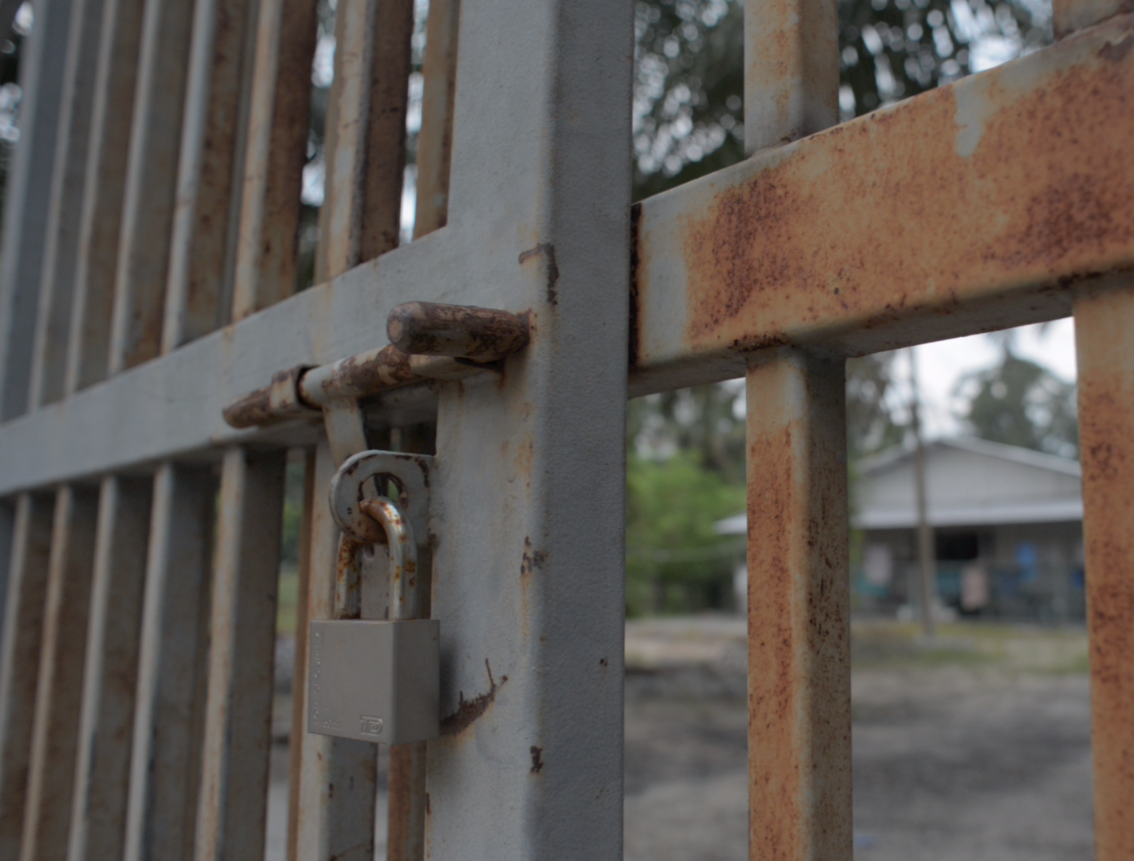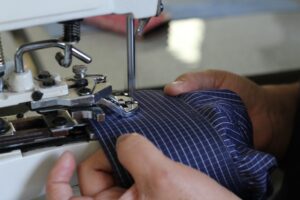Beginning in the spring of 2018, Transparentem provided the results of its first investigation of five Malaysian garment manufacturers to 23 brands and retailers with apparent ties to those manufacturers. Since then, Transparentem has continued to monitor the garment factories it investigated as part of a commitment to ensuring improved working conditions are sustained.
Through its monitoring work, Transparentem found evidence of continued improvement across the four factories that had initially engaged with buyers. These improvements addressed, to varying degrees, several problems identified by the initial investigation, including the cessation of both wage deductions and discipline by fines as well as the repayment of some—but not all—recruitment fees paid by workers. Despite improvements in some areas, workers at one company reported that passport retention by the factory may be ongoing. As of December 2020, six of the sixteen companies remained actively engaged in ongoing remediation.
Initial Investigation Findings
Almost all workers with whom Transparentem spoke during its investigation reported paying recruitment fees, which ranged from more than $700 to nearly $4,500. Some workers sold land or borrowed money to pay these fees, going deep into debt with the expectation of earning financial security. Many workers Transparentem interviewed came to regret their decision to seek work in Malaysia.
Migrant workers from several different countries told Transparentem that recruiters had deceived them about their salaries, the nature of their new job, and fees and salary deductions. One worker referred to labor brokers as “thieves and thugs” who “victimize poor, innocent people.” Workers at four of the five factories said factory management collected and withheld their passports. Workers said they were required to pay deposits – some as much as three times the monthly minimum wage – to access their passports.
Workers at four of the five factories said that they lived in dormitories that were overcrowded, dirty, cramped, without adequate kitchens or bathrooms, or even sufficient protection from the weather. At two factories, workers said supervisors sometimes physically abused and threatened them.
Buyer Responses
Of the 23 companies Transparentem identified and contacted, 15 collaborated on remediation efforts, one worked independently, and one later joined remediation efforts after a change in ownership at the company. The remaining companies, to Transparentem’s knowledge, declined to participate in remediation.
Buyers commissioned audits or assessments at four of the five facilities, which confirmed many of Transparentem’s findings, and secured commitments for remediation, including reimbursing recruitment fees and returning passports. Two buyers chose to share the cost of recruitment-fee reimbursement with their supplying factory. Two additional buyers, who were no longer sourcing from the factories, re-engaged and assumed leadership roles in the remediation process. And four of the buyers at one factory elected to expand their remediation efforts to a related Malaysian factory that was not part of Transparentem’s investigation.
As of May 2019, the total amount of recruitment fees already paid back or scheduled to be refunded to workers was more than $1.7 million, and 1,600 passports had been returned to workers. According to one audit report a factory, five workers who recovered their passports immediately stopped working and left.
Remediation Progress and Ongoing Risks
After providing its findings to the companies, Transparentem monitored conditions at the factories in 2019 and 2020. Investigators interviewed then-current workers about their working conditions and any changes that had occurred since Transparentem’s investigation and engagement. Investigators also questioned workers about the impact of the COVID-19 pandemic on their work lives.
In addition, Transparentem gave summaries of its ongoing fieldwork to four of the factories and 22 of the companies originally approached for this project, seeking their perspectives on the sustainability of their efforts and any impacts as a result of the COVID-19 pandemic. Two factories and 16 companies responded to Transparentem.
At all four factories, worker interviews and company statements indicated progress on the implementation of corrective action plans, as well as the potential for more action. The factory appearing to have the greatest degree of continuous improvement and ongoing commitment to remediation is the one where the original four companies continue to maintain a sourcing relationship.
In a different factory, one company provided Transparentem with a case study from the ethical trade consultancy that conducted the companies’ audit of its manufacturer and coordinated remediation efforts. Workers were satisfied with the remediation efforts, according to the study. The fee-repayment methodology described in this case study aligns with worker reports to Transparentem, though there may be room for further improvement on dormitory conditions.
However, another factory and group of buyers provided conflicting information about whether all recruitment-fee reimbursement payments had been made, with workers saying they had only received a portion of what they were promised.
Most troubling was limited input from companies and unresponsiveness from a factory where worker interviews indicated that passport retention may be ongoing at the factory.
COVID-19 Pandemic
Of companies and suppliers that responded to Transparentem, several described delays in recruitment-fee reimbursements and other remedial actions due to the effects of the COVID-19 pandemic. At the same time, some companies described taking steps to mitigate the effects of the pandemic on workers, such as providing guidance to their suppliers on how to protect their workforce. One company described a custom package of self-assessment materials distributed to suppliers, including guidance from governments and expert organizations, with a requirement for suppliers to provide documentation on COVID-19 mitigation efforts to the company upon its next social assessment.
Interviewed workers across the four factories described varying factory responses to the pandemic. Some workers said factories provided personal protective equipment, training, and payment during mandatory lockdowns. Others said they did not.
Conclusion
Though progress has been made at all four factories, worker testimony and company responses suggest there is room for further improvement. All companies should enhance oversight of factories to support the elimination of all worker-borne recruitment fees, including the full reimbursement of any recruitment fees already paid by workers, and address forced labor risks in Malaysia and elsewhere. Companies should publicize these high standards of ethical recruitment and reward ethical suppliers by maintaining long-term partnerships. To assess the performance of these suppliers, buyers should ensure that workers have access to free, independent, and anonymous grievance hotlines where they can report misconduct and abuses. Companies that take these steps can demonstrate leadership as ethical recruitment becomes the norm in the apparel industry as a whole, and specifically in Malaysia.
More Information
See this June 2019 article in the Guardian for additional information about this project. For further information, you can also contact info@transparentem.org.





